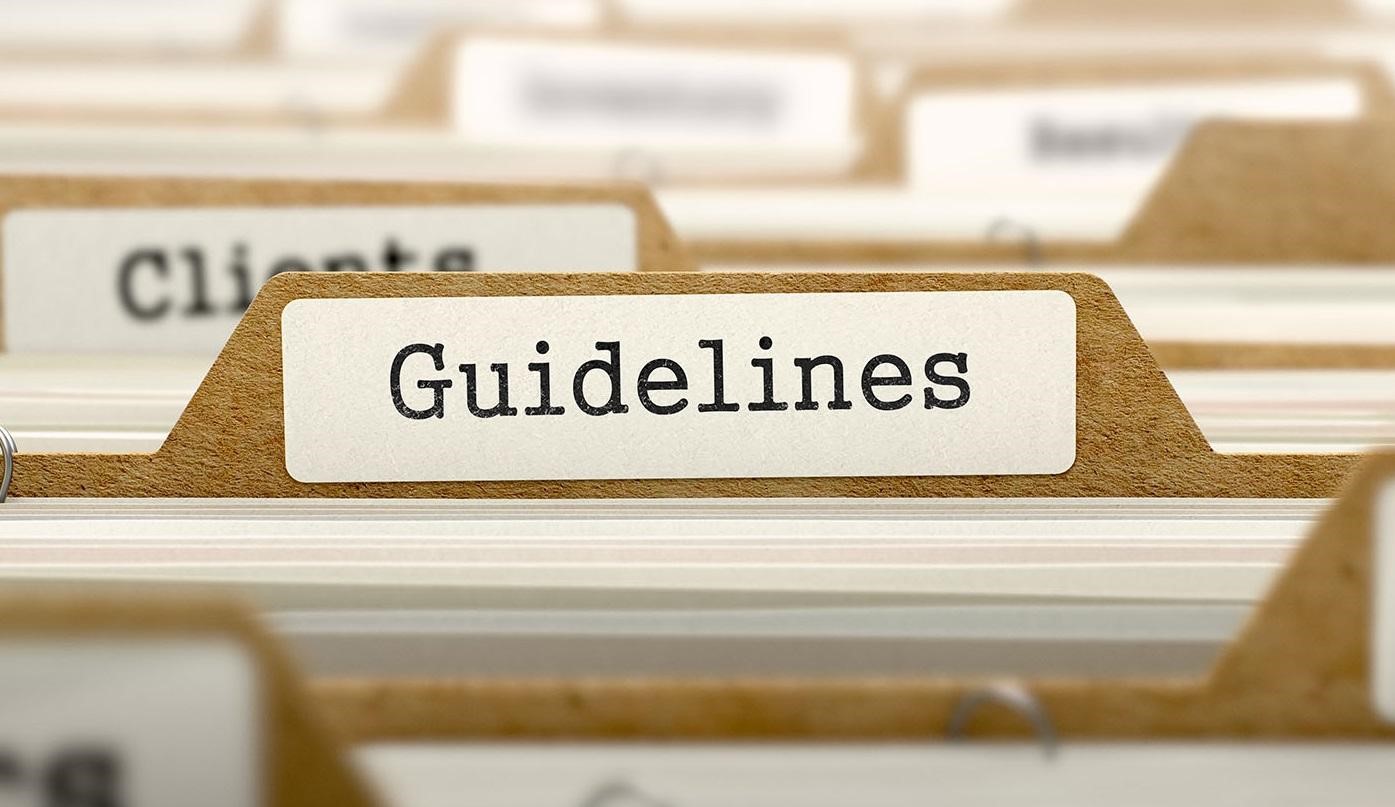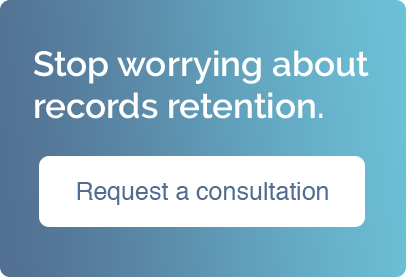What Is the Purpose of Having Document Retention Guidelines?

Record retention guidelines can be one of those difficult things to figure out for any business or organization. Although you don’t want to keep extra paperwork unnecessarily, you also don’t want to toss important documents too early either. Here are just some of the important reasons for maintaining document retention guidelines at your organization.
It Helps Your Business to Stay Organized
More than anything, record retention standards keep everyone on the same page. Your organization likely has numerous members with varying levels of access to important documents, and each of these members must be held to the same standards and expectations for managing these records. The only way to do this is by establishing an official set of guidelines that are specific, clearly spelled out, and disseminated to every member of your team. This eliminates confusion, reduces your potential liability, and simplifies your operations.
It Prevents You from Tossing Out Important Documents
Without an official set of guidelines, it’s easy to lose track of or eliminate documents that may be required down the line–whether for legal or administrative reasons. It’s important to establish a firm set of boundaries for the types of documents that must be retained and for how long. Some items—like general, non-tax-related paperwork—can be thrown out after a period of time, but other files—like corporate bylaws, stock information, licenses, and patents—should be retained permanently. So, how do you distinguish between these types of documents? They must be clearly labeled and archived according to importance, thereby minimizing the risk of someone accidentally deleting an essential document.
It Helps You to Maintain Compliance with the Law
Without concrete rules in place, you may lose documents that are required for legal purposes. For example, the Internal Revenue Service can audit an individual or business for up to six years, and so it’s essential to keep all tax files and related documents for at least that span of time. This includes bank records, employee records, purchase and sale information, travel and entertainment documents, vendor invoices, accident claims, and property deeds. Without specific guidelines in place, certain members of your team may be unaware of these important legal timeframes.
If you’d like to learn more about establishing and maintaining document retention guidelines for your organization, it’s a good idea to get in touch with a professional document retention organization like Information Requirements Clearinghouse and develop some sound strategies for long-term retention management.

